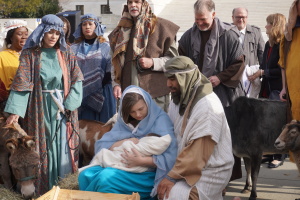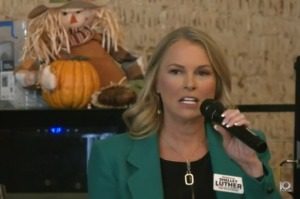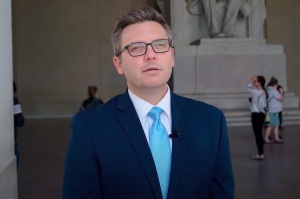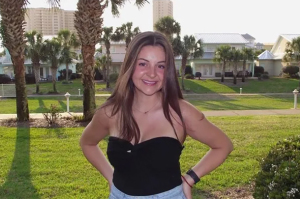San Francisco Mayor London Breed lifts 1-person indoor worship service limit
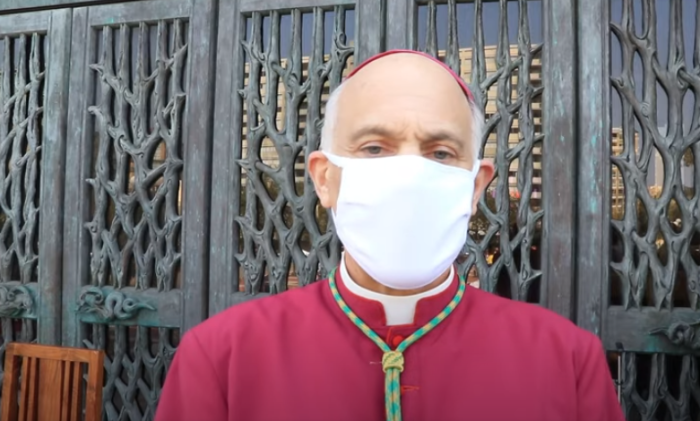
Following pushback against San Francisco's one-person limit on indoor church attendance that was not equally imposed on secular entities in response to COVID-19, the city announced that restrictions on houses of worship would be eased.
San Francisco Mayor London Breed said in a statement on Tuesday: “Starting on Wednesday, September 30, places of worship can open indoors at 25% capacity, up to 100 people.”
Previously, the city’s worship restrictions allowed only one person at a time to enter a church for prayer while limiting attendance at outdoor worship services to 50 people.
While Breed attributed the decision to raise the limit on indoor mass attendance to the city’s declining coronavirus infection and case rates, the move came just days after the United States Department of Justice sent a letter to Breed warning her that San Francisco’s limitation on religious services was “draconian, out of step with the treatment afforded other similar indoor activities in San Francisco, wholly at odds with this Nation’s traditional understanding of religious liberty, and may violate the First Amendment to the Constitution.”
Earlier last week, San Francisco Catholics participating in a “Free the Mass” procession protesting the city’s worship restrictions made similar arguments as they proclaimed that “we are essential.” A petition asking Breed to “lift unfair restrictions on the mass” surpassed 35,000 signatures on Tuesday. San Francisco Archbishop Salvatore Cordileone, who spearheaded the Free the Mass event, praised the decision to revise worship restrictions as a good first step, but argued that the new limit is “still unjust.”
“I want to thank Mayor London Breed for recognizing that faith is essential,” he said. “I want to thank the thousands of San Francisco Catholics and others who joined the processions, the more than 35,000 who signed the petition … came to St. Mary Cathedral’s outdoor plaza to witness to our faith, wrote letters to the editor or op-eds, and who generally spoke up with one united voice under the banner: We are essential! Free the Mass!”
“The state of California’s limit of no more than 100 people inside a house of worship regardless of the size of the building is still unjust,” he added. “We want and we intend to worship God safely: with masks, social distancing, sanitation, ventilation, and other such safety protocols. But we will not accept believers being treated more severely than other, comparable secular activities.”
Under the new guidelines that became effective Wednesday, indoor dining may reopen at 25% capacity up to 100 people, the same restriction placed on indoor religious services. However, the guidelines enable indoor shopping centers and malls to operate at 50% capacity, a less severe restriction than those placed on indoor worship.
San Francisco is not the only major U.S. city facing backlash over worship restrictions in response to COVID-19. The Washington, D.C.-based Capitol Hill Baptist Church is suing Mayor Muriel Bowser over her executive order that bans worship gatherings in excess of 100 people or 50% of building capacity “even if held outdoors.”
Al Mohler, president of the Southern Baptist Theological Seminary in Louisville, Kentucky, cited the Washington, D.C., worship restrictions when declaring that “some politicians have used COVID-19 as an opportunity for overt hostility to religious congregations and especially the Christian churches” during the Values Voter Summit last week.
“No government authority has the right to tell us how we are to order our worship services, and no government has the authority to say that Christian churches or other religious gatherings can be uniquely discriminated against,” he asserted.
As many cities continue to enforce strict restrictions on worship services, the state of Ohio has passed a law banning municipalities from closing churches. The law will take effect in mid-December.
















